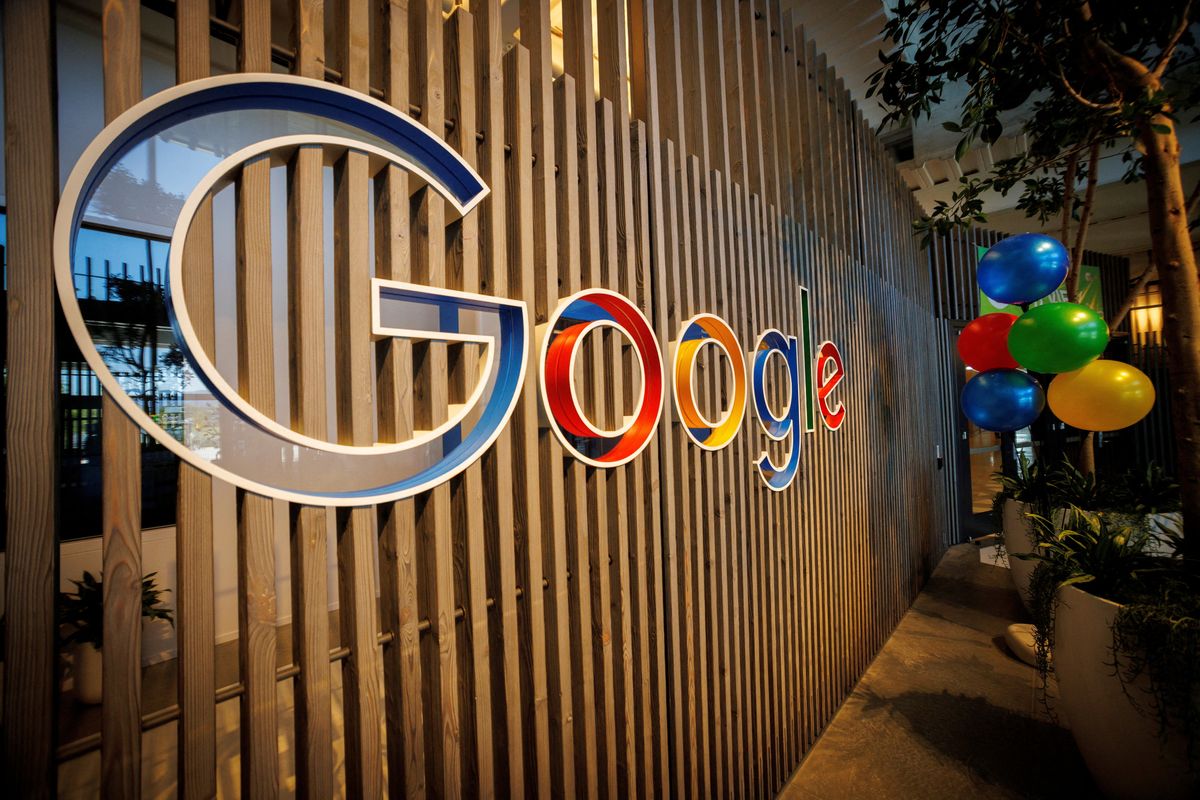The US files a lawsuit against Google for its ad dominance
The US government has a history of picking on Google for its business practices.

A few minutes every morning is all you need.
Stay up to date on the world's Headlines and Human Stories. It's fun, it's factual, it's fluff-free.
The backstory: The US government has a history of picking on Google for its business practices. It's sued the tech giant several times for violating antitrust laws by dominating the online search, ad technology and Android app markets. A lot of this goes back to the Trump era when the administration filed a suit saying Google wasn't allowing fair competition in the ad tech market. In 2020, 16 states and Puerto Rico sued Google for allegedly monopolizing digital ads. This is part of a larger effort to regulate Big Tech, with ongoing investigations into Amazon, Meta Platforms and Apple.
More recently: Industry experts have said that Google could earn around US$75 billion in digital ad revenue in the US this year. It currently holds the top spot in digital advertising, a market valued at around US$627 billion globally. But, the company has emphasized that the market is highly competitive, with other big players like Amazon, Meta and Microsoft also taking pieces of the pie.
The development: On Tuesday, the US Department of Justice sued Google again for monopolizing the digital ad space. The outcome could have a massive impact on the company and remind other tech giants that the government is watching them and will bust them if antitrust laws are broken.
Key comments:
"Two decades ago, Google became the darling of Silicon Valley as a scrappy startup with an innovative way to search the emerging internet. That Google is long gone," said the Justice Department in its lawsuit filed in 2020. "The Google of today is a monopoly gatekeeper for the internet, and one of the wealthiest companies on the planet, with a market value of $1 trillion and annual revenue exceeding $160 billion."
"Google's anticompetitive behavior has raised barriers to entry to artificially high levels, forced key competitors to abandon the market for ad tech tools, dissuaded potential competitors from joining the market, and left Google's few remaining competitors marginalized and unfairly disadvantaged," read the lawsuit against Google filed on Tuesday.
"Today's lawsuit from the DOJ attempts to pick winners and losers in the highly competitive advertising technology sector," said Google spokesperson Peter Schottenfels in an emailed statement to The Verge. "It largely duplicates an unfounded lawsuit by the Texas Attorney General, much of which was recently dismissed by a federal court. DOJ is doubling down on a flawed argument that would slow innovation, raise advertising fees, and make it harder for thousands of small businesses and publishers to grow."




Comments ()